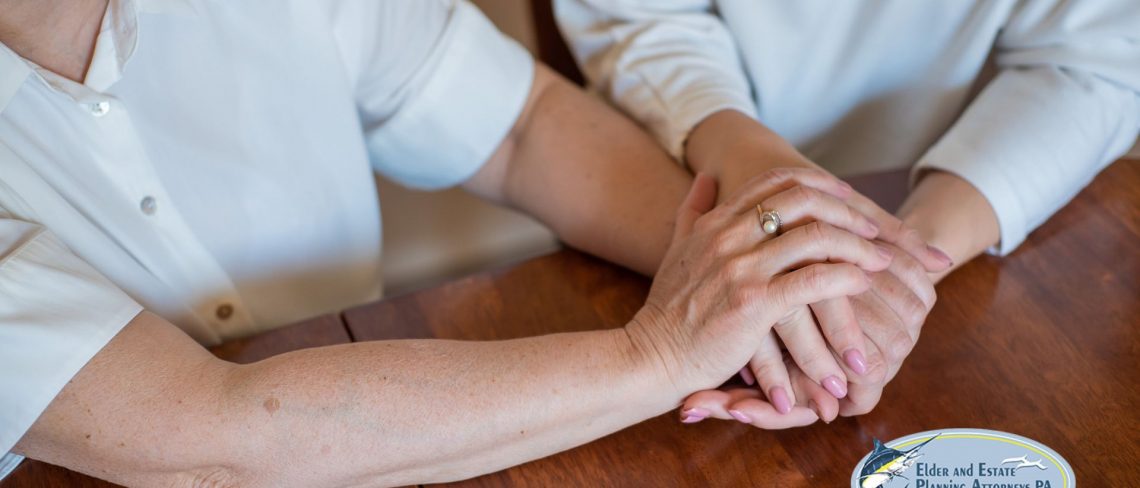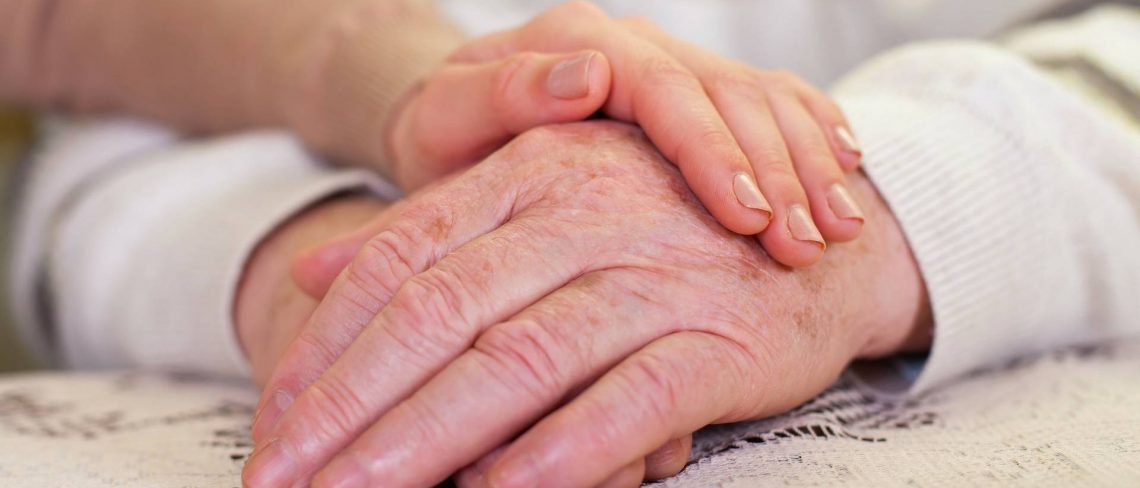Are you familiar with romance scams or sweetheart scams that seem more prevalent during the month of February and threaten Florida seniors? Are you a senior adult or have senior adult parents? Are you aware that scammers and cyber criminals often target senior citizens? Online senior scams have risen and continue to be extremely dangerous.
The question needs to be asked, why are senior adults more likely to be victims of a scam? We need to look at several different factors. First, aging seniors are believed to be more vulnerable. Secondly, they are known to often have large amounts of money in accessible accounts and be very trusting and easily manipulated. Thirdly, with the advent and use of the internet by senior adults, cyber criminals find it easier to target them and fool them. To make matters worse, scammers tend to target seniors when they are most vulnerable. During Valentine’s Day romance scams are prevalent and this shows us just how much aging adults, suffering from loneliness and social isolation, are at an elevated risk.
Are you a senior and wondering how you can protect yourself? Do you have a senior loved one in your family that you are concerned about? We would like to share eight tips you may use to avoid a “lonely heart” senior scam.
1. Be cautious when someone you do not know contacts you online. The person you see or you are communicating with may not be who you are really dealing with. Online cyber criminals are looking for older victims to begin a romance scam using social media, online dating or friendship websites.
2. Remember this golden rule: Seniors should always be suspicious whenever someone online attempts to gain their trust and affection if they have not met in-person.
3. Senior adults should never provide their personal information or send money to someone they have met only on the internet. Do not let anyone convince you to do so via social media, email or any other online forum.
4. If you meet someone on social media, like Facebook, and this person wants to quickly move to a private form of communication such as text or email, immediately become suspicious and do not agree.
5. You should absolutely never send intimate photos or videos of yourself. Scammers can use them to try to blackmail or embarrass you.
6. If you do plan to meet someone in person that you met online, be safe and bring someone with you and meet the person in a public place. Also, let your family, friends and caregiver know of your intentions.
7. If the person you met online addresses you by the wrong name, it may be a red flag that something is wrong. Scammers often work on several victims at once.
8. Be sure to tell family, friends, caregivers and neighbors immediately about your online experience if you think you are in contact with a potential scammer. Do not let embarrassment get in the way of protecting yourself.
9. Do you think you have fallen victim to a Valentine’s Day romance scam? It is never too late to call the police and your appropriate financial institution, let them know what happened so they may get involved and protect you.
We know this article may raise more questions than it answers. Elder and Estate Planning Attorneys, PA, is a law office small enough to provide personal service but large enough to provide service in Jupiter, as well as Palm Beach, Martin, St. Lucie, and Indian River Counties in Florida. Our law firm will guide you through legal challenges involving elder law, estate planning, trusts, veterans benefits, real estate, and more. We encourage you to contact us and schedule a meeting with our attorneys.







